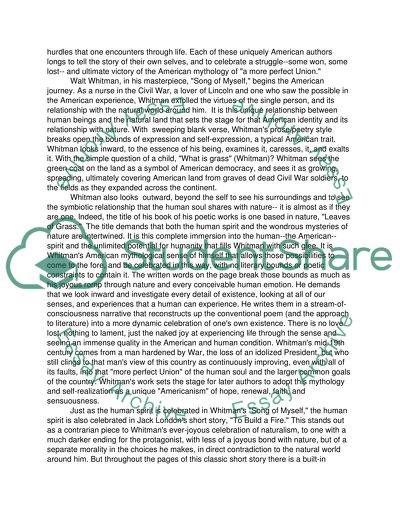Cite this document
(“The American Sense of the Possible in Literature Essay”, n.d.)
The American Sense of the Possible in Literature Essay. Retrieved from https://studentshare.org/literature/1474785-writer-selects-suitable-title-for-american-lit
The American Sense of the Possible in Literature Essay. Retrieved from https://studentshare.org/literature/1474785-writer-selects-suitable-title-for-american-lit
(The American Sense of the Possible in Literature Essay)
The American Sense of the Possible in Literature Essay. https://studentshare.org/literature/1474785-writer-selects-suitable-title-for-american-lit.
The American Sense of the Possible in Literature Essay. https://studentshare.org/literature/1474785-writer-selects-suitable-title-for-american-lit.
“The American Sense of the Possible in Literature Essay”, n.d. https://studentshare.org/literature/1474785-writer-selects-suitable-title-for-american-lit.


